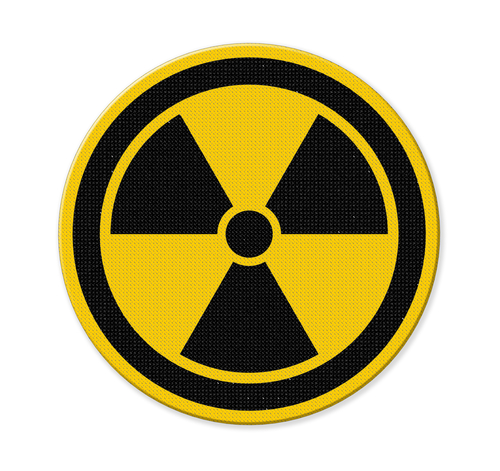Nuclear experts from Iran and six world powers had “a useful meeting” in New York ahead of political talks next week aimed at reaching an agreement to limit Iran’s ability to produce nuclear weapons, the European Union said late Wednesday.
An EU spokesperson said the talks were aimed at “further deepening” knowledge on the issues, and contributed to preparations for the high-level political negotiations on a comprehensive agreement in Vienna starting May 13. The person spoke on condition of anonymity because he was not authorized to speak publicly on the talks.
Iran’s U.N. Mission said the two-day experts meeting ended Wednesday. Hamid Baeidinejad, the Foreign Ministry’s director for political and international security affairs who led the Iranian delegation, did not comment on the talks.
While hopes are rising that an agreement can be reached, the toughest issues must still be negotiated, and any deal could still fall apart.
Russia, the U.N. nuclear agency, and outside experts tracking negotiations agree that the Iranians are co-operating, answering questions that they previously avoided, and appear to want an agreement that ends crippling sanctions.
In another positive sign, Iran said Sunday that international nuclear inspectors plan to visit a uranium mine and a uranium-thickening facility in Iran in the coming days, which would fulfil demands made by the International Atomic Energy Agency, the United Nations’ nuclear watchdog.
Iran insists its nuclear program is peaceful, aimed at producing nuclear energy, but the U.S., its Western allies and Israel have long believed Tehran’s real aim is producing nuclear weapons.
Iran’s centrist President Hasan Rouhani pledged after his election last June to reduce confrontation with the international community over its nuclear activities, and agreed to restart stalled negotiations with the six powers in November.
That agreement with the U.S., Russia, China, Britain, France and Germany requires Iran to stop enrichment of uranium to 20 per cent – which is a possible pathway to nuclear arms – in exchange for the easing of some Western sanctions.
The two sides are working toward a permanent agreement by July 20 that would cap Iran’s enrichment program, reduce its stockpile of 20 per cent enriched uranium and turn some of it into a solid form which is less usable in bomb-making, and curb other atomic activities in exchange for lifting all sanctions.
